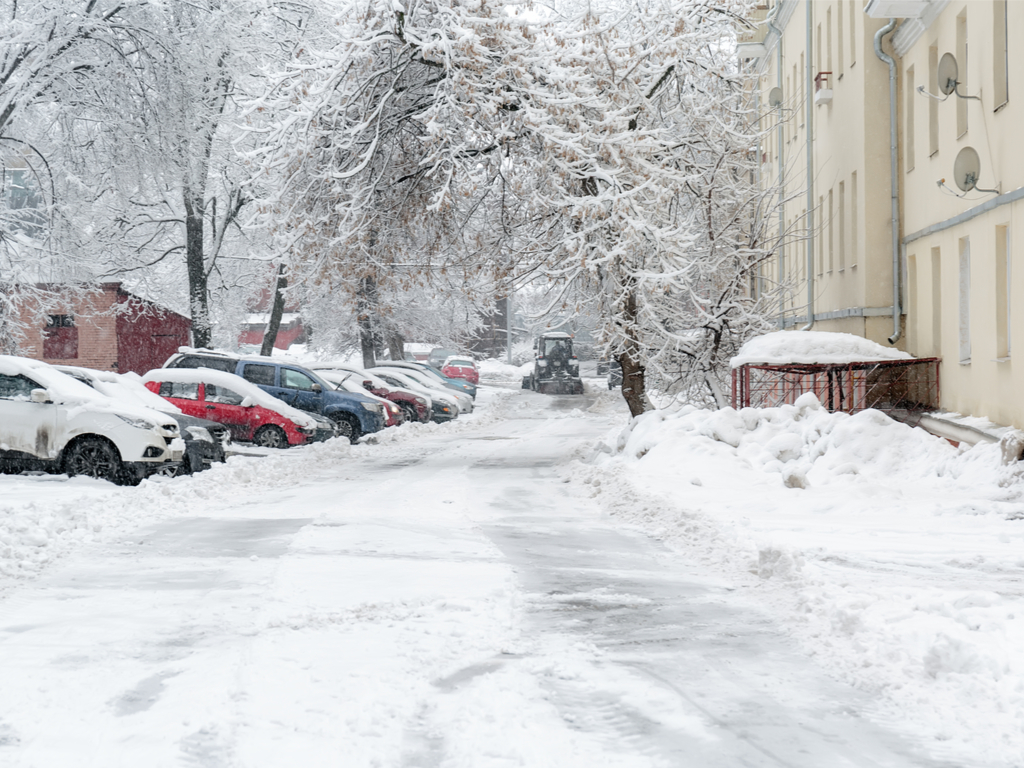
Differences between Homeowners Insurance Providers
Due to the nature of the free market, different insurance providers compete with each other all the time in order to make their coverage seem the most appealing to consumers, and at the best rates possible. However, this also means that certain tiers of homeowners insurance have come about, which provide different amounts of coverage based on how much you are willing to pay every year. Insurance companies in America will often advertise these differing categories of homeowners insurance, and it is the consumer’s job to understand what perks they will and will not receive by choosing one of those plans. Choosing the right insurance company can be a difficult decision, but it can also be as simple as finding the one that will give you the best rate for the coverage that you need. By talking to all of your potential insurers to determine what kind of coverage you need, you should be able to get an idea of how you can get that coverage at the best rate and with the best deductible.Why Location Matters for Homeowners Insurance
While these different insurance providers play a huge factor into what your homeowners insurance might not cover, another critical deciding factor is what state or region you are getting coverage in. While geographical differences do not generally change too much in the way that Americans get their insurance, there are some variations from coast to coast. To start, homeowners insurance is not regulated by the federal government. Each individual state has the authority to dictate which insurance companies are allowed to do business from within them, and they also control the annual premium rates for those companies. Because of this, you may find that your homeowners insurance in one state is drastically cheaper or more expensive than what you might find in another state. Other differences between state homeowners insurance coverages come down much more to physical environmental contrasts. For example, one commonly covered peril in many homeowners insurance policies is hurricane damage. While this may be waved off as a trivial or unimportant coverage option for homeowners in Kansas, those in Florida will probably want to be quite a bit more familiar with the exact amounts that can be covered by their hurricane protection. Indeed, perils that are more weather or geography-specific also tend to get more coverage funds and more available insurance options if they are distributed in states that are heavily effected by those perils.General Homeowners Insurance Limits
As was previously mentioned, not everything can be covered by homeowners insurance, no matter which tier of additional coverage you might choose. While there are a variety of perils that can be covered by the most comprehensive homeowners insurance plans, there are five main categories of specifically non-covered events. These include:- Flooding: Although some water damage is covered by the more comprehensive policies, such as that which comes from bursting pipes, flooding is generally never considered part of homeowners insurance. Separate flood insurance exists for this purpose, which is much more recommended in heavily flooded areas than in dry, arid regions of the country.
- Earthquakes: Similar to flood insurance, earthquake insurance is a separate entity than homeowners insurance. This is commonly purchased in earthquake-heavy regions, such as the West coast of America. And in fact, although there are still property-damaging earthquakes all over the country, some states do not have any applicable earthquake insurance coverage options at all.
- Loss of expensive items: Although most homeowners insurance policies will provide money to cover most of your personal belongings that are damaged or destroyed in a peril, the policy does not always cover the full amount of what the item was worth.
- Infestations: Whether it be termites and rats eating through your foundation, or birds causing damage to your home’s exterior, infestations are generally not insured by homeowners insurance. This is why contacting professionals to take care of them as soon as possible is highly recommended.
- General neglect and/or weathering: While some forms of property damage due to deterioration is covered under comprehensive homeowners insurance policies, damage that is intentional or preventable is generally not. This can appear subjective, but most of these cases are up to the discretion of insurance companies.
What to do if Your Homeowners Insurance is Too Limited
If you have found that your current homeowners insurance is not quite enough to meet the needs of your property, there are really only a few options that are available to you. First, you should always try to utilize your ability to negotiate with your current insurer. While homeowners insurance companies are limited by the exclusions listed above, they can sometimes help you to find deals on other insurance policies, or even lower your rates for your existing policies. Next, you can purchase other insurance plans that help to cover your weak points. Getting flood insurance in Florida or earthquake insurance in California may be slightly more costly than going without it, but it can save you a ton of money if you need to utilize it at any point in the future. And finally, the least preferable option is to go without insurance whatsoever. Having homeowners insurance can be complex and expensive at times, but it can also really go a long way in terms of protecting your property and possessions from any serious financial harm.By Admin –



